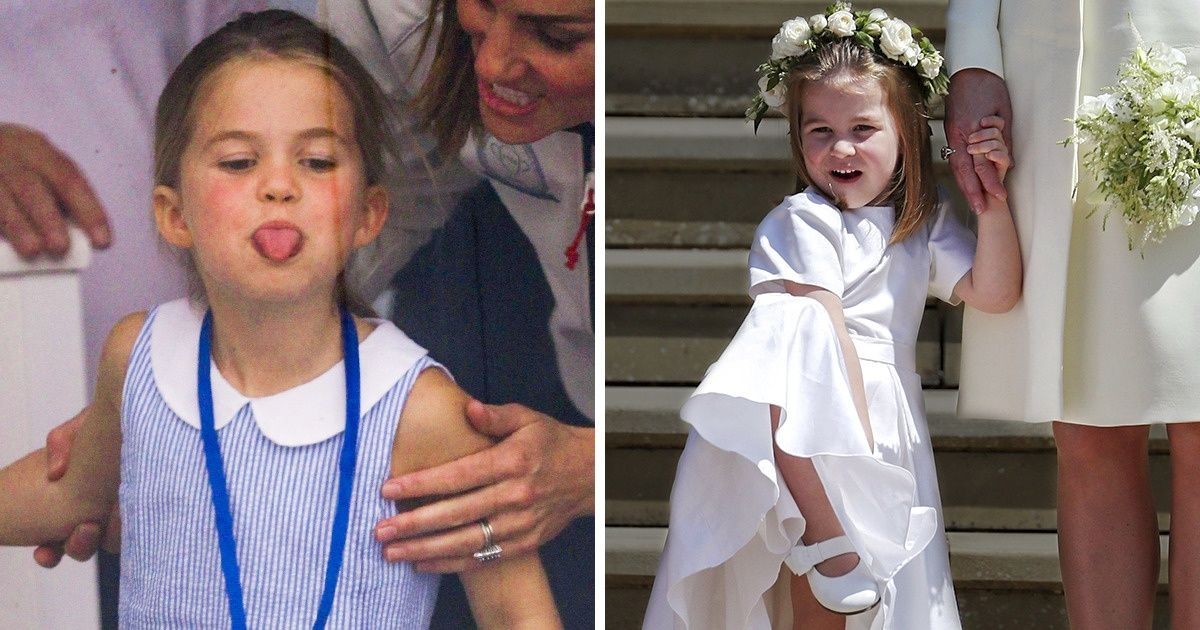
A groundbreaking study involving over 700,000 participants has shed new light on the long-debated impact of birth order on personality, revealing that middle children display stronger cooperative traits compared to their siblings.
Canadian researchers from Brock University and the University of Calgary have uncovered evidence that challenges recent claims dismissing birth order effects. Their extensive analysis showed that middle children scored notably higher on traits associated with cooperation, including agreeableness and honesty in dealings with others.
The research also found that people raised in larger families generally exhibited more cooperative personalities. When comparing an only child to someone from a family of six, there was a 60% likelihood that the person from the larger family would show higher agreeableness.
"While you cannot predict an individual's personality solely based on birth order or family size, clear patterns emerge when examining large populations," explains Professor Kibeom Lee, one of the study's authors.
The research team analyzed personality traits reported by English-speaking volunteers who provided information about their birth position and family size. A separate group of 75,000 participants also shared details about the number of siblings they were raised with.
While previous research has indicated that firstborns tend to have slightly higher intelligence scores - a finding this study confirmed - the new data reveals that middle children receive an additional boost in cooperative traits compared to both their older and younger siblings.
The researchers propose that these effects may stem from natural family dynamics - larger families inherently require more cooperation, while middle children must develop strong relationships with both older and younger siblings to thrive.
This research adds valuable insights to a debate that has persisted since 1874, when Francis Galton first documented patterns related to birth order among English scientists. The new findings suggest that both birth position and family size play subtle but measurable roles in shaping personality development.